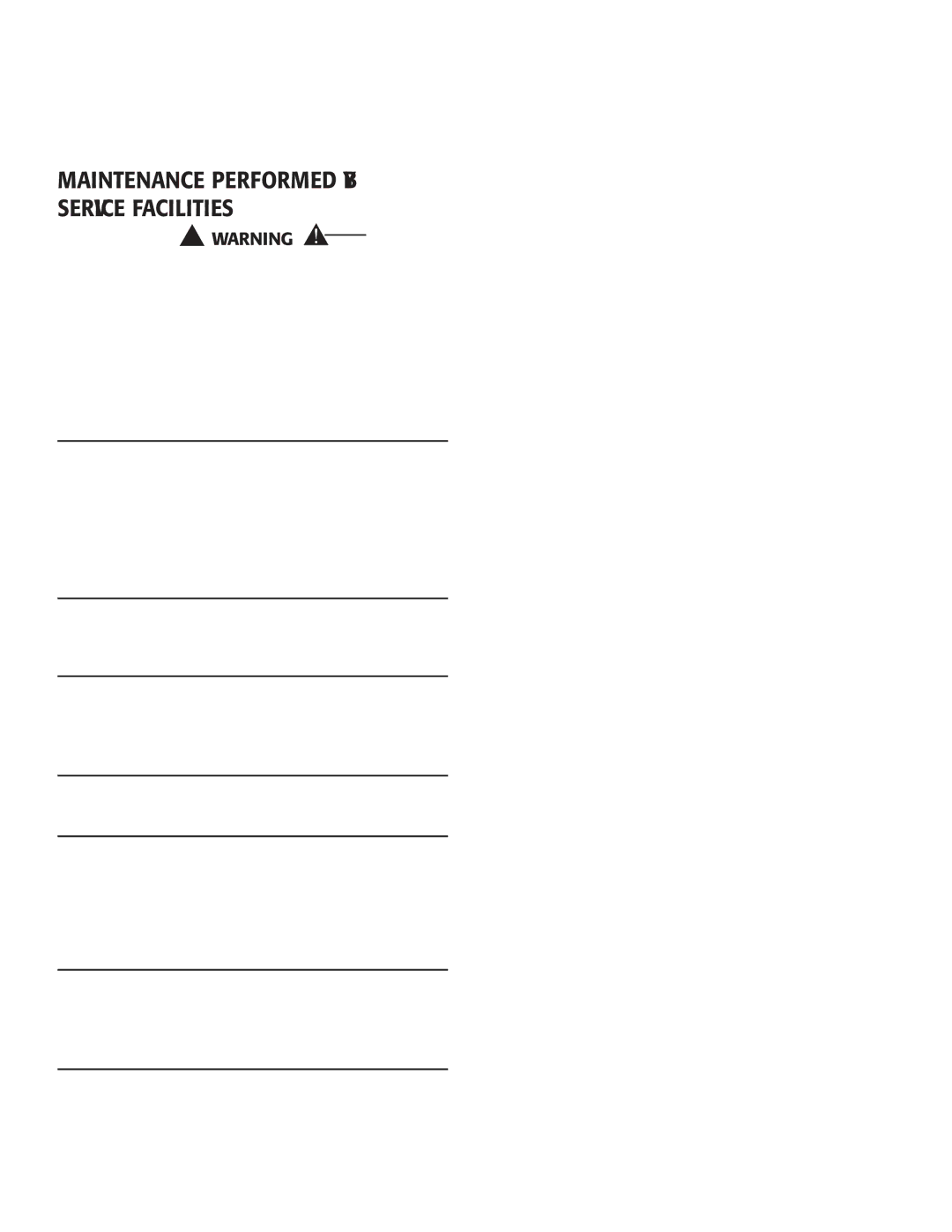SG035 specifications
The Siemens SG035 is a versatile and innovative solution designed for the modern industrial landscape. As a significant model within Siemens’ range of power generation equipment, the SG035 delivers reliable performance, advanced technology, and a commitment to sustainability. This article explores the main features, technologies, and characteristics that set the Siemens SG035 apart from its competitors.One of the primary features of the Siemens SG035 is its impressive power output. It is engineered to provide a substantial amount of energy, making it ideal for a wide range of applications, from industrial to commercial settings. The unit is equipped with a state-of-the-art generator that ensures maximum efficiency and minimal energy losses.
The SG035 incorporates cutting-edge technology that enhances its operational capabilities. For instance, it utilizes advanced control systems that allow for real-time monitoring and adjustments, ensuring optimal performance under varying load conditions. These control systems are designed with user-friendly interfaces, making it easier for operators to manage the equipment.
In terms of design, the Siemens SG035 boasts a compact and modular architecture. This allows for easy integration into existing energy systems, saving valuable space on facilities. Furthermore, its modular design facilitates rapid installation and maintenance, reducing downtime and operational costs.
Another significant characteristic of the SG035 is its focus on sustainability. It has been engineered to meet stringent environmental standards, including low emissions and high energy efficiency. The use of environmentally friendly materials in its construction further underscores Siemens’ commitment to sustainable practices.
The Siemens SG035 also prioritizes safety and reliability. It is built with robust components designed to withstand harsh operating conditions. Additionally, extensive safety features are integrated into the system to protect both the equipment and the personnel operating it.
Overall, the Siemens SG035 stands out in the field of power generation equipment due to its powerful performance, advanced technologies, compact design, and commitment to environmental sustainability. As industries continue to evolve and require more efficient energy solutions, the Siemens SG035 positions itself as a reliable choice for meeting contemporary energy demands while prioritizing safety, efficiency, and the environment. This makes it a significant player in the move towards a more sustainable future in energy production.

